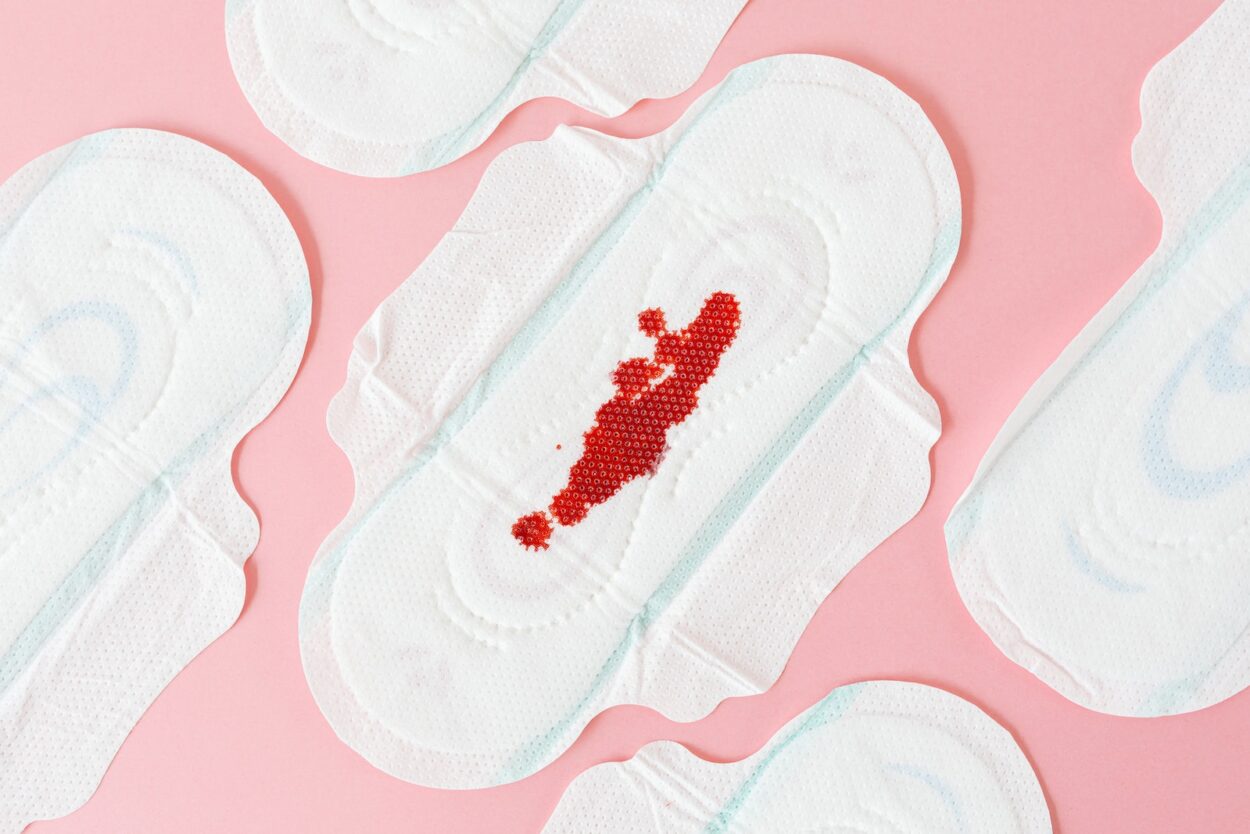Bleeding after sex is pretty common and isn’t usually a big deal unless it’s very heavy or you’re worried about an infection. If you’re concerned, it never hurts to talk to your doctor though.
Most of the time, bleeding post-sex is normal and related to hormones. But can sex trigger your period?
Orgasms
Orgasms are a moment of sexual arousal that is often associated with feelings of pleasure and muscle contractions in the genitals. They are a natural part of the sexual process and can occur during clitoral, vaginal, or oral stimulation. They are not as common in men as they are in women and can vary in intensity from person to person. For example, some people are more prone to orgasms during clitoral stimulation than others. Some orgasms may last longer than others.
Despite the popular belief, sex does not cause your period to start earlier. It can cause a spike in hormones that may lead to your period starting, but the timing is still up to your body.
However, sex can help to ease cramps because of the rhythmic uterine contractions that happen during orgasms. These can help to clear the uterine lining and allow the body to shed the thickened lining (1).
It is also possible to have orgasms from non-sexual activities, such as sleep, breathing exercises, or fantasy (mental-visualization) orgasms. In addition, some people are able to reach orgasm through clitoral stimulation alone and do not need to engage in sexual activity.
If you are noticing bleeding after orgasms, talk to your doctor. This could be a sign of sexually transmitted infections or cancer. Bleeding after orgasms is also common for people who have cervical or uterine cancer.
Semen
Semen is fluid that carries sperm cells, which are capable of fertilizing the female’s eggs. It is produced in the seminal vesicles, which are a pair of coiled glands located below the bladder and next to the vas deferens. During sexual arousal, sperm is ejected along with a mixture of fluids from the prostate and urethra. This fluid, known as seminal fluid, is viscous and contains fructose, a broken-down sugar that gives sperm energy to travel upstream. When a guy ejaculates, the muscles at the base of the penis and urethra contract, forcing the sperm out through the urethra and into the urinary tract. The ejaculate can contain up to 500 million sperm.
The sperm cells are mixed with the seminal fluid that contains proteins, ascorbic acid, amino acids, potassium, phosphorus, and l-carnitine. The fluid also contains prostaglandins, which help sperm enter the uterus undetected. Semen is typically a clear or white color, but it can become pinkish or reddish when blood is present. This is called hematospermia, and it can be caused by a variety of things, including a ruptured blood vessel.
It is possible to get pregnant while on your period because sperm can survive up to five days inside the woman’s body. The chances of conceiving during this fertile window vary according to the length and regularity of the woman’s menstrual cycle.
Endometrial lining
In a normal menstrual cycle, estrogen made by the maturing ovarian follicles causes your endometrial lining to thicken. It grows in thickness by increasing its blood supply, a process called vascularization. It appears as a pink, straight line on an ultrasound test (the thickness of this lining can vary from day to day, depending on where you are in your menstrual cycle). This part of your menstrual cycle is known as the proliferative phase.
About 14 days after ovulation, your body produces the hormone progesterone, which prepares your uterus to receive an egg and supports the growing placenta. The lining then sheds to make way for the new lining that will be needed for pregnancy.
If the lining is too thin, you may not become pregnant. If it is too thick, you might have an underlying condition called endometriosis. The primary symptom is pelvic pain during periods, but it can also include pain during and after intercourse and heavy bleeding between your periods.
Doctors aren’t sure exactly why endometriosis occurs, but they think that it starts when cells from the uterine lining get transported backward through your fallopian tubes and into other parts of your pelvic cavity. Your immune system then treats these tissue cells as if they are your uterus lining, so they develop and grow in the wrong places.
Hormones
A lot of people who are sexually active find that their sexy time is most intense around the time they start getting their period. It’s normal to feel extra horny during this time of the month, and it may make some people mistakenly assume that sex is what’s causing their Aunt Flo to show up early.
But there are a number of reasons why your period might appear earlier than usual, even if you’ve just had sex. For example, the uterus is stimulated by prostaglandin during orgasms, which can make it seem like your period is starting sooner than it should. Luckily, this only happens when you orgasm right before your ovulation date, and doesn’t actually make your menstrual cycle start any earlier.
Infections can also cause your period to start prematurely, and they can be very serious. This includes sexually transmitted infections, such as chlamydia, gonorrhea, and trichomoniasis. They can also include pelvic inflammatory disease, which is when an infection causes inflammation of the lining of the uterus.
Another common reason for spotting or bleeding after sex is cervical tears. These can be caused by sex or by dryness, and they often happen near the opening of the vagina. They can be quite serious, so if you’re experiencing this kind of bleeding, see your doctor as soon as possible.




Leave a Comment